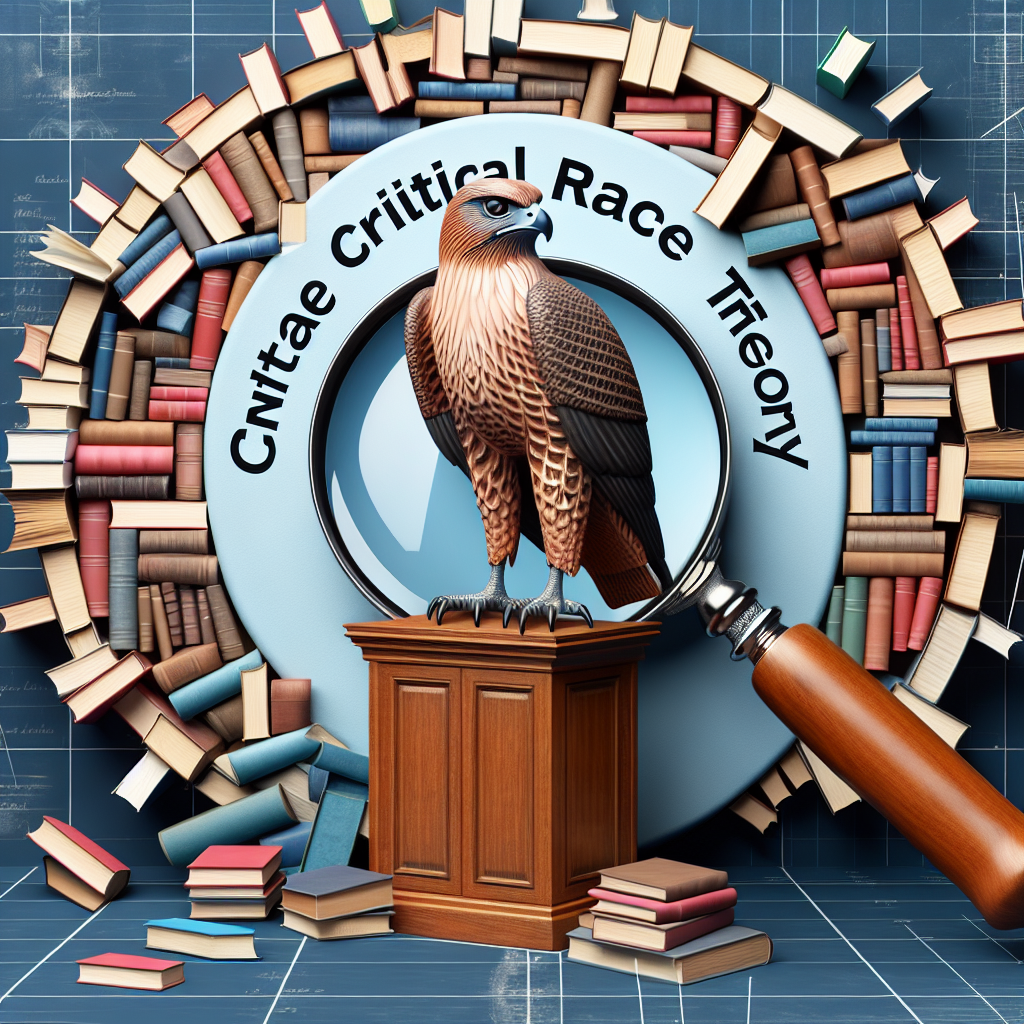The Hidden Depths of Critical Race Theory: A Conservative Perspective
The Hidden Depths of Critical Race Theory: A Conservative Perspective
Introduction to Critical Race Theory (CRT)
Critical Race Theory (CRT) has become a focal point of debate in educational and political arenas. Originally developed as a framework to examine the intersection of race, law, and power, CRT has been both lauded and criticized for its approach to understanding systemic racism.
Conservative Concerns
From a conservative viewpoint, CRT is often seen as a divisive ideology. Critics argue that it:
- Emphasizes racial differences over unity.
- Promotes a narrative of victimhood.
- Undermines traditional values and meritocracy.
Key Arguments Against CRT
Conservatives highlight several issues with CRT, including:
- Its potential to foster resentment and division.
- The risk of indoctrination in educational settings.
- The challenge it poses to free speech and open debate.
Conclusion
While CRT aims to address racial inequalities, its critics argue that it may inadvertently deepen societal divides. Understanding these perspectives is crucial for fostering a balanced dialogue on race and equality.
In summary, the conservative perspective on CRT underscores concerns about its impact on social cohesion and educational practices, advocating for a more inclusive approach to addressing racial issues.






































